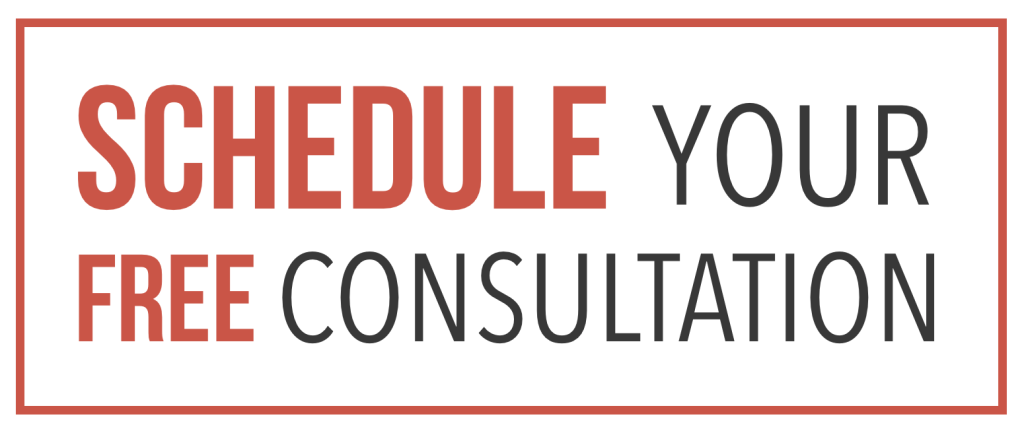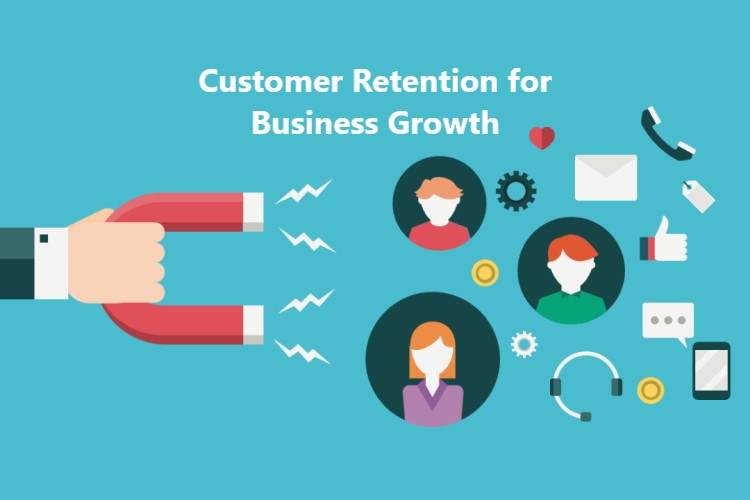
Understanding the Importance of Customer Retention
Customer retention is essential for sustainable growth. Retaining customers is often more cost-effective than acquiring new ones, as marketing and sales expenses are significantly lower. When customers stay loyal, they also become brand advocates, sharing positive experiences with others. This word-of-mouth marketing boosts your reputation and attracts new customers without additional advertising costs.
Loyal customers contribute more over time. As they trust your brand, they are more likely to make repeat purchases and explore other offerings. This increases each customer’s lifetime value, adding to consistent revenue. By focusing on customer retention for business growth, you create a stable revenue base that supports long-term expansion.
Customer retention also helps build a strong brand reputation. When customers feel valued, they are more inclined to leave positive reviews and recommend your business. This positive feedback enhances your credibility, making it easier to attract new customers. Retention strategies create a loyal community around your brand, providing the foundation needed for growth and stability.
Building Strong Customer Relationships
Building strong customer relationships is fundamental for customer retention for business growth. Personalized communication plays a significant role in making customers feel valued. Addressing customers by name, remembering past interactions, and tailoring recommendations to their preferences helps create a unique experience. When customers feel personally acknowledged, they’re more likely to stay loyal to your brand.
Regular engagement also strengthens connections with customers. This can involve sending follow-up emails, sharing updates on new products, or providing useful tips related to your offerings. Consistent communication keeps your brand top of mind and shows customers you’re committed to helping them. Regular interactions build familiarity, creating a sense of trust that encourages repeat business.
Responsive support is another key component of building strong customer relationships. Customers appreciate quick, helpful responses when they have questions or concerns. By offering multiple channels for support, such as email, chat, or phone, you make it easy for customers to reach you. When customers feel supported, their loyalty grows, which directly impacts customer retention for business growth. These relationship-building strategies foster long-term loyalty, contributing to steady growth and customer satisfaction.
Implementing a Customer Loyalty Program
Implementing a customer loyalty program is an effective strategy for encouraging repeat purchases and boosting customer retention for business growth. Loyalty programs reward customers for choosing your brand, making them feel appreciated and valued. Whether through points, discounts, or exclusive perks, these rewards motivate customers to continue buying from you. As they accumulate benefits, customers are more likely to return, ultimately increasing their lifetime value.
Loyalty programs also enhance engagement by creating a personalized experience. Offering rewards based on a customer’s preferences or purchase history deepens their connection to your brand. For example, providing birthday discounts or loyalty points for specific products can make interactions feel unique. This level of personalization strengthens customer relationships, making them less likely to switch to competitors.
Moreover, loyalty programs encourage customers to advocate for your brand. When customers feel rewarded, they’re more likely to share their experiences with others. This word-of-mouth marketing attracts new customers and builds a loyal community around your brand. By implementing a customer loyalty program, you create lasting value and foster customer retention for business growth.
Using Customer Feedback to Improve Retention
Using customer feedback is essential for improving customer retention for business growth. Gathering feedback allows you to understand customer needs and expectations better. When you know what customers value or dislike, you can make informed adjustments to your products and services. By addressing these areas, you enhance their experience, which increases the likelihood they’ll continue choosing your brand.
Acting on feedback also strengthens trust and shows customers that you value their opinions. When customers see that their suggestions lead to real changes, they feel more connected to your brand. Simple improvements, such as refining a product feature or adjusting customer support practices, demonstrate responsiveness. This responsiveness encourages loyalty, as customers appreciate businesses that listen and respond to their needs.
Regularly requesting feedback also provides a channel for ongoing improvement. As you adapt based on input, you can continue meeting evolving customer expectations. This proactive approach helps prevent issues from becoming frustrations, keeping customers satisfied in the long term. Incorporating feedback into your strategy not only enhances customer experiences but also supports customer retention for business growth.
Leveraging Technology to Enhance Customer Experience
Leveraging technology to enhance customer experience plays a vital role in achieving customer retention for business growth. CRM tools allow you to centralize customer information, making it easy to access purchase history, preferences, and previous interactions. This data helps you tailor your interactions, making customers feel valued and understood. By keeping relevant details in one place, CRM systems streamline communication, resulting in faster, more personalized support.
Automation further boosts efficiency in customer engagement. Automated responses to routine inquiries and order confirmations save time for both you and your customers. Additionally, automation allows you to send timely reminders, follow-ups, or personalized promotions based on customer behavior. This approach keeps your brand in customers’ minds and shows that you’re attentive to their needs, even as your customer base grows.
Personalized marketing adds another layer of engagement. By analyzing customer data, you can create targeted marketing campaigns that appeal directly to individual interests. Personalized emails or product recommendations make customers feel valued and increase the likelihood of repeat purchases. Using these technology-driven methods, you create a seamless and satisfying customer experience. Enhanced satisfaction leads to greater loyalty, supporting customer retention for business growth.
Measuring Customer Retention Metrics and Analyzing Trends
Measuring customer retention metrics is essential for customer retention for business growth. Churn rate, which tracks the percentage of customers who leave over a specific period, is a key indicator of retention. A high churn rate can signal issues with customer satisfaction or unmet needs, prompting you to adjust your approach. By monitoring churn regularly, you can identify when customers may need additional support or engagement.
Customer lifetime value (CLV) is another valuable metric. CLV estimates the total revenue a customer is likely to generate throughout their relationship with your business. Understanding CLV helps you focus on strategies that encourage repeat purchases, increasing profitability over time. A high CLV means that customers are not only staying with your brand but are also contributing consistently to revenue. By focusing on this metric, you gain insights into the long-term value of customer retention efforts.
Retention rate is also critical in assessing the effectiveness of your strategies. This metric calculates the percentage of customers who continue to engage with your brand over a set period. A high retention rate indicates strong loyalty and satisfaction, signaling that your strategies are effective. By regularly analyzing these metrics, you can identify patterns, make necessary adjustments, and ultimately refine your approach. Keeping track of these trends supports customer retention for business growth, allowing you to build a loyal, engaged customer base that drives sustainable success.
Conclusion
Focusing on customer retention for business growth helps you build a loyal customer base and achieve sustainable success. By implementing strategies like personalized communication, loyalty programs, and responsive support, you enhance customer satisfaction. Leveraging technology and analyzing key metrics further supports your efforts, allowing you to adjust based on customer needs. As you refine your approach, you foster stronger relationships that drive repeat business and positive word-of-mouth. Prioritizing retention ensures that your business not only grows but also remains competitive and resilient in a changing market.


